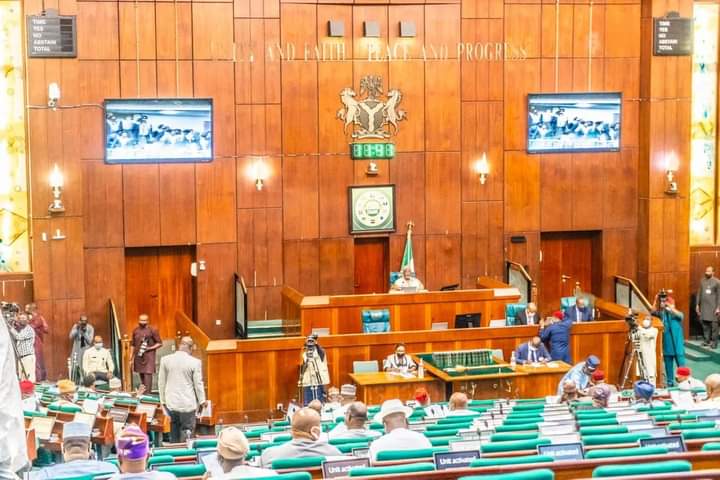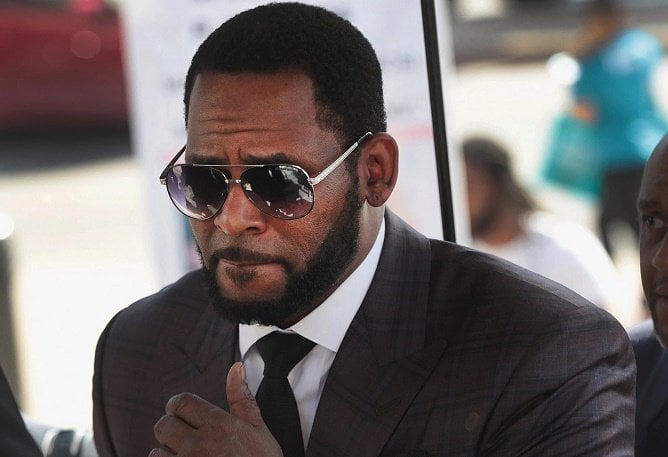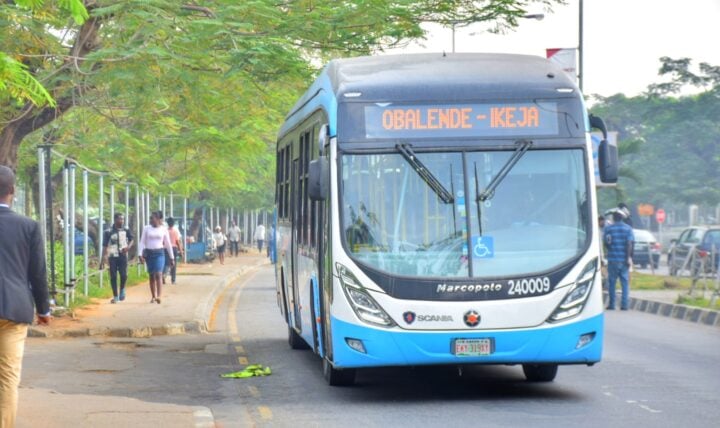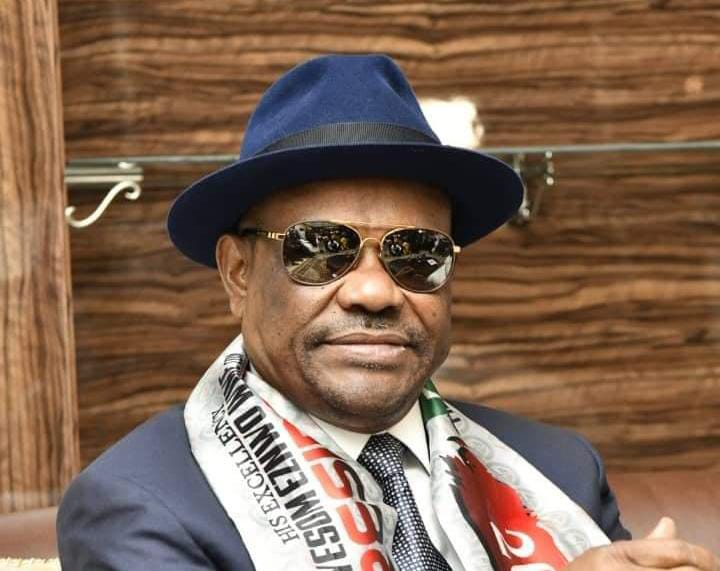A bill seeking to increase the retirement age of persons with disabilities (PWDs) from 60 to 65 years has passed second reading at the house of representatives.
The draft legislation also proposes to extend the duration of service for PWDs in the country from 35 to 40 years.
The bill seeks to amend sections 30 and 32 of the Discrimination Against Persons with Disability (Prohibition) Act, 2018 which protects and ensures inclusion of PWDs in all sectors of the country.
Leading the debate on the bill at plenary on Thursday, Babajimi Benson, the bill’s sponsor, said the proposed legislation also aims at ensuring that the chairman of the National Commission for Persons Living with Disability (NCPWD) is someone living with disability — but must possess the requisite qualifications for that position.
Advertisement
“The rationale behind this amendment is to further ensure that persons living with disability are fairly treated to ensure equity and justice. It is also to give them the opportunity to fully participate in the decision-making process of the commission that oversees their affairs,” he said.
“This is a standard procedure in most developed and developing countries and Nigeria should not be left out.
“Originally, employment rates of persons with disabilities are substantially lower than the rates for persons without disabilities in Nigeria.
Advertisement
“Persons with disabilities have lower earnings, and are sometimes low-skilled, part-time, and informal job settings with subminimum wages.
“This amendment will give them more opportunities, not only to fully give their services to the country, but to also benefit more from the government and live a reasonable life after retirement.
“As a peoples’ parliament, the passage of this bill will further demonstrate our commitment to equity and fairness for all Nigerians.”
But Tajudeen Yusuf, a lawmaker from Kogi, spoke against the bill, saying “increasing the retirement age of persons with disability will affect persons without disability”.
Advertisement
He said government agencies should make policies to encourage PWDs rather than lawmakers enacting legislation.
“That will limit me if I am in that organisation, because I will not have the same retirement age as that person and that will deny me the privileged positions because of somebody with a disability. It is pure discrimination,” he said.
Femi Gbajabiamila, speaker of the house, rebutted his argument, and described PWDs as a “special class of people”.
He added that teachers and judicial officers have had their retirement age increased and there shouldn’t be an exception for PWDs
Advertisement
“For me, the real discrimination is if it seems to fit that abled-bodied men and women can have their retirement age increased, but you feel that those who are not as fortunate as them should not have theirs increased, then you have discriminated against those with disabilities,” the speaker said.
Advertisement
Add a comment






